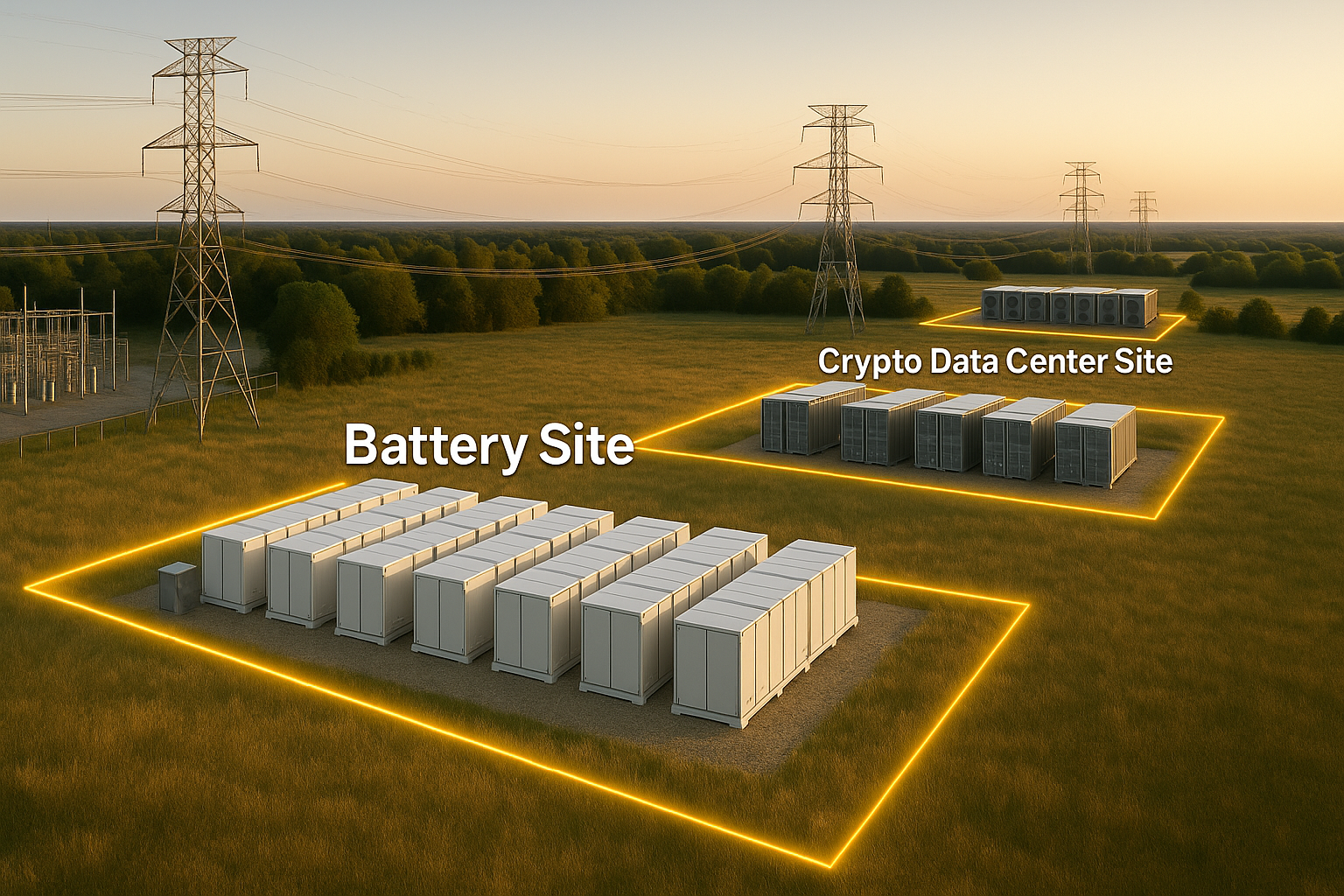What to Look for in a Right-of-Way Agent for Solar, and Data Center Projects
In the right-of-way world, you meet all kinds of agents.
Some are sharp. They get it. They close deals and keep the client in the loop.
Others? Well… they disappear when things get hard, or they never quite understand what the landowner needs to hear.
I’ve been doing this for years now, and I’ve seen what works, and what doesn't.
If you’re a developer working on solar or battery storage projects, choosing the right agent can mean the difference between a fast track or a missed deadline.
Let’s talk about what you should really be looking for.
It’s Not Just a Signature. It’s a Relationship.
Right-of-way agents don’t just chase paperwork. They represent your company in the field.
To the landowner, that agent is the project. They’re the first face, the voice on the phone, and the person asking for access to land that’s often been in someone’s family for years.
That’s why your agent needs to be more than a messenger. They need to understand the developer’s goals, but also know how to speak to landowners in a real, respectful way.
It’s about finding the middle ground, explaining the technical without overwhelming them, and listening to their concerns without brushing them off.
Experience Isn’t Optional
I’ve worked alongside a lot of ROW agents. Some had great personalities, but no experience closing solar or battery projects. And when things got tough, title issues, family trust complications, overlapping agreements—they froze.
That’s not what you want.
You need someone who’s been through it before. Someone who’s closed real deals and knows how to spot problems early. Someone who won’t panic if a landowner says, “I already signed with someone else,” or, “This land is tied up in a trust.”
Because here’s the truth: these issues happen all the time. You need an agent who’s ready for them.
Local Knowledge Makes a Huge Difference
Every town has its own vibe.
I’ve worked projects where one town was totally open to renewables. Drive 15 miles in another direction, and landowners were completely against it, sometimes based on bad past experiences.
A good agent does their homework. A great agent already knows the neighborhood.
They understand which counties are easy to work with. They know which landowners want out and which ones are just kicking tires. And they know how to adjust their tone depending on where they are and who they’re talking to.
They Must Be Organized, Detailed, and Communicative
You’d be surprised how often deals fall apart because the agent forgot to follow up, or didn’t send the right map, or couldn’t explain the agreement clearly.
It sounds simple, but being organized is a huge deal in this work.
A great agent:
Tracks conversations
Keeps records of every document
Updates the client often
Knows what’s still needed for the deal to move forward
Even if the answer is “no” from the landowner, your agent should be able to explain why. That “why” can help you adjust your approach or find a better site.
Bonus: Do They Already Know Landowners?
Here’s something that’s made a big difference in my own work.
Over time, I’ve built a Rolodex of landowners who already told me:
“If you ever have a solar or battery deal near me, call me first.”
Some of these folks are right next to substations. Others are sitting on land where I know new substations are coming soon because I’ve been involved in those early talks.
That’s a head start no public land map can give you. When a developer needs speed and certainty, having that pre-qualified list of willing landowners is a game-changer.
Not every agent has that. But the good ones do.
Can They Deliver?
At the end of the day, that’s what it comes down to.
Not just being nice. Not just looking the part.
Can they deliver?
Can they build trust, handle pressure, and get deals done?
If they’ve done it before, and you can see their track record, then you’ve got a real partner. If they’re learning on your project, that’s a risk you might not have time for.
Solar and battery timelines move fast. You don’t need magic. You just need the right people doing what they do best.
